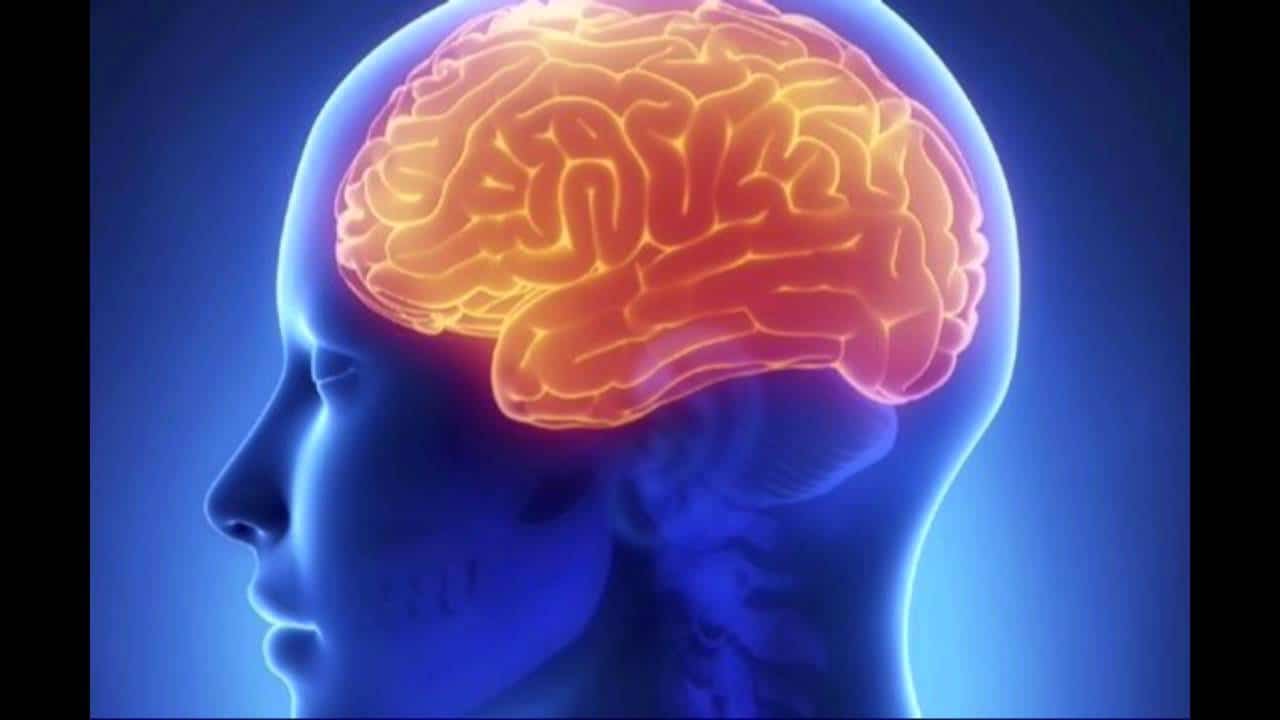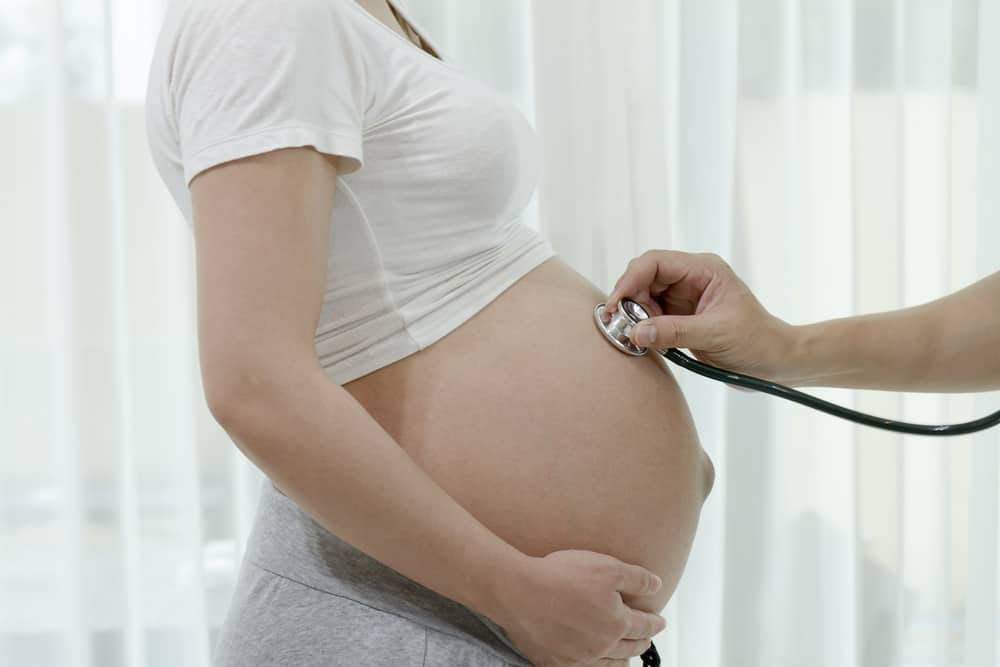Contents:
- Medical Video: Glasgow Coma Scale Made Easy
- The origin of the Glasgow Coma Scale
- Brain awareness and activity levels
- Guidelines for measuring the level of awareness using the Glasgow Coma Scale (GCS)
- Eye response
- Sound
- Movement
Medical Video: Glasgow Coma Scale Made Easy
A person's level of consciousness can be assessed from three indicators, namely eyes, speech, and body movements. The Glasgow Coma Scale, aka GCS, is the most commonly used scoring system to describe a person's level of consciousness after experiencing an acute head injury.
The method possessed by this test is fairly simple but reliable and objective enough to record a person's initial and subsequent level of consciousness after a head injury. See a more complete explanation of the Glasgow Coma Scale test below.
The origin of the Glasgow Coma Scale
Glasgow Coma Scale is a method assessment of one's level of consciousness. This method of assessment was made in 1974 by British neurosurgeons Graham Teasdale and Bryan Jennet. Both of these experts have a common interest in head injury and the mechanism of acute brain damage, a subject that neurologists previously lacked.
Graham Teasdale's interest in the subject of head injury and clinical research began when he underwent basic medical and surgical training at Royal Victoria Hospital, Newcastle. Around 1970, he got the opportunity to provide material at the Institute of Neurological Sciences, Glasgow with Professor Bryan Jennett. Both later published a paper on the assessment of coma and impaired consciousness by proposing a structured research method known as the Glasgow Coma Scale.
After 40 years have passed, this method is considered to be still effective and objective to assess a person's level of consciousness after suffering a head injury.
If in the past Glasgow Coma Scale aka GCS was only used to determine the awareness of someone after experiencing a head injury, now this method is also used by doctors to assess the level of awareness due to various other medical emergency conditions. Some of these conditions include:
- Ischemic stroke
- Intracranial infection
- Brain abscess
- Overall physical injury
- Non-traumatic coma
- Poisoning
Please note that even though this scale can used to determine the level of consciousness someone, this assessment cannot be used to diagnose the cause of someone experiencing decreased consciousness or coma.
Brain awareness and activity levels
Your brain has a function to maintain awareness. To carry out these functions optimally, your brain needs adequate oxygen and glucose intake. Yes, there are many substances in the food or drink you consume, which affect chemicals in the brain. These substances can help maintain or even reduce your awareness, for example, caffeine.
Drinks like coffee, soda, chocolate, tea, and energy drinks contain caffeine which can increase brain activity, making you more awake. Conversely, painkillers, tranquilizers, and alcohol make you sleepy, thus lowering your awareness.
Certain conditions that damage brain cells can also affect your awareness, such as severe head injury, dementia, Alzheimer's disease, parkinsonism, or stroke. Coma is the most severe decrease in consciousness. Coma is caused due to swelling or bleeding in brain tissue.
Swelling that occurs in the brain tissue makes the brain in the skull bones become squashed. As a result, brain pressure increases dramatically. Blood and oxygen become blocked into the brain. At this stage, The function of brain already disturbed. People who experience coma are actually still alive, but they cannot respond to any stimuli, including pain.
Guidelines for measuring the level of awareness using the Glasgow Coma Scale (GCS)
To find out how well your level of awareness is, your doctor or medical team will conduct GCS assessments. Doctors use this assessment to assess eye response, speech, and body movements. GCS scores or values are obtained by summing the values obtained from the indicators below.
Eye response
- If the patient's eyes open spontaneously by blinking without the medical team providing stimulation, the GCS points obtained are 4.
- If the patient's eyes are opened when the medical team provides verbal stimulation, the alias through sound or command, then the GCS score obtained is 3.
- If the patient's eyes are opened when the medical team provides stimulation pain,then the GCS points obtained are 2.
- If the patient's eyes do not open at all or remain tightly closed even though the medical team has given orders and stimuli pain, then the GCS points obtained are 1.
Sound
- If the patient is able to answer all the questions asked by the medical team correctly, then the GCS points obtained are 5.
- If the patient shows confusion, but able to answer questions clearly, then the GCS points obtained are 4.
- If the patient is able to be invited to communicate but only just saying words is not a clear sentence, then the GCS points obtained are 3.
- If the patient only moans or makes a groan without words, then the GCS points obtained are 2.
- If the patient does not make a sound at all, even though the medical team has invited to communicate or stimulate his fingertips, the GCS points obtained are 1.
Movement
- If the patient is able to obey two different orders from the medical team, then the GCS points obtained are 6.
- If the patient is able to raise his hand when given pain stimulation in the area by the medical team, and he is also able to show which point is sick, then the GCS points obtained are 5.
- If the patient is able to avoid when the medical team giving pain stimulation, however not directed to the point of pain then the GCS points obtained are 4.
- If the patient only folds the elbow when given stimulation pain, then the GCS points obtained are 3.
- If the patient can only open elbow arms when given pain stimulation by the medical team, the GCS points obtained are 2.
- If the patient has no body movement response at all even though the medical team has provided stimulation or orders, then the GCS points obtained are 1.
Patients can be said to have a high level of awareness if the score reaches 15. While a person is said to have a low level of consciousness, or is said to be coma if the score is only 3.













